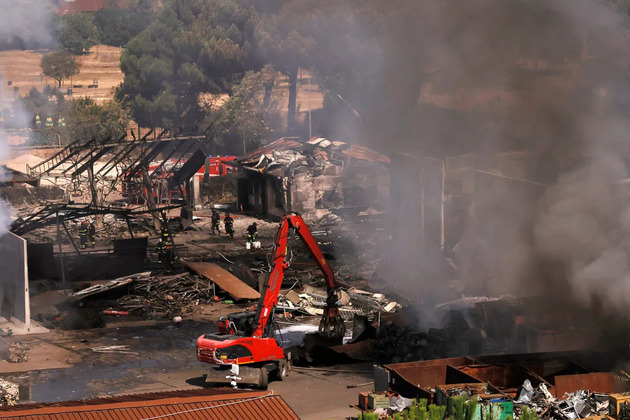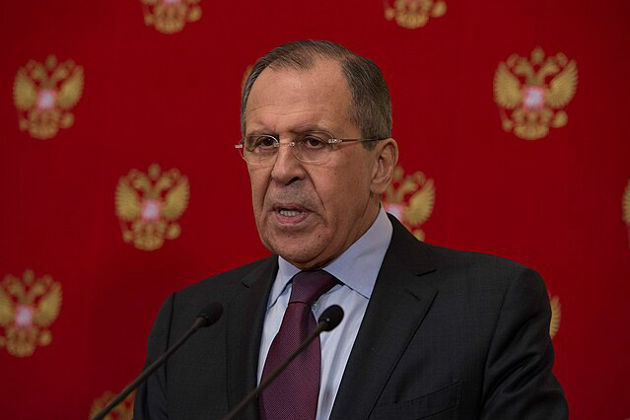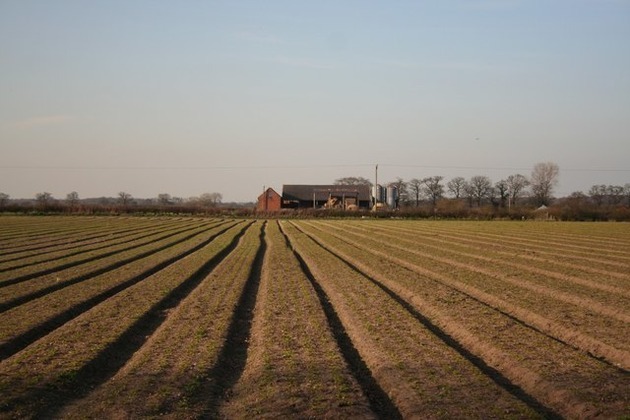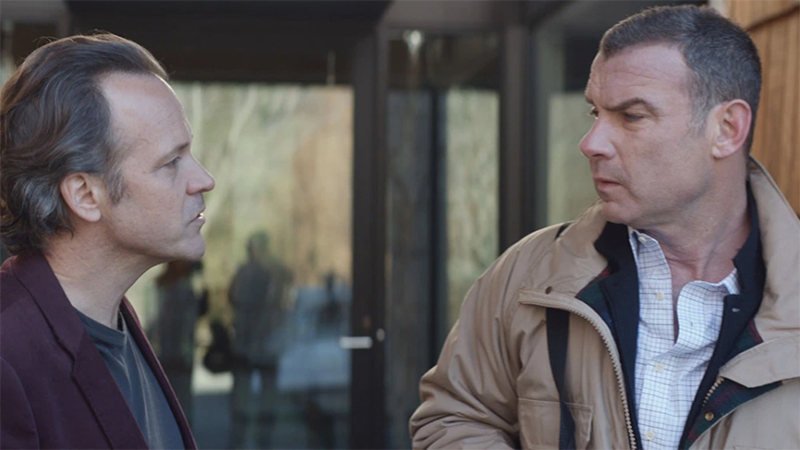Research reveals climate damage caused by growing space tourism requires immediate mitigation
ANI
25 Jun 2022, 21:25 GMT+10

London [England], 25 June (ANI): Researchers from UCL, the University of Cambridge, and Massachusetts Institute of Technology (MIT) constructed a 3D model in order to examine the effects of rocket launches and re-entry in 2019 as well as the effects of expected space tourism scenarios based on the current billionaire space race.
The findings of the research were published in the journal 'Earth's Future'.
The team found that black carbon (soot) particles emitted by rockets are almost 500 times more efficient at holding heat in the atmosphere than all other sources of soot combined (surface and aircraft) - resulting in an enhanced climate effect.
Furthermore, while the study revealed that the current loss of total ozone due to rockets is small, current growth trends around space tourism indicate potential for future depletion of the upper stratospheric ozone layer in the Arctic in spring. This is because pollutants from solid-fuel rockets and re-entry heating of returning spacecraft and debris are particularly harmful to stratospheric ozone.
Study co-author Dr Eloise Marais (UCL Geography) said: "Rocket launches are routinely compared to greenhouse gas and air pollutant emissions from the aircraft industry, which we demonstrate in our work is erroneous.
"Soot particles from rocket launches have a much larger climate effect than aircraft and other Earth-bound sources, so there doesn't need to be as many rocket launches as international flights to have a similar impact. What we really need now is a discussion amongst experts on the best strategy for regulating this rapidly growing industry."To calculate the findings, the researchers collected information on the chemicals from all 103 rocket launches in 2019 from across the world, as well as data on reusable rocket and space junk re-entry. They also used the recent demonstrations by space tourism entrepreneurs Virgin Galactic, Blue Origin and SpaceX and proposed yearly offerings of at least daily launches by Virgin Galactic to construct a scenario of a future formidable space tourism industry.
These data were then incorporated into a 3D atmospheric chemistry model to explore the impact on climate and the ozone layer.
The team show that warming due to soot is 3.9 mW m-2 from a decade of contemporary rockets, dominated by emissions from kerosene-fuelled rockets. However, this more than doubles (7.9 mW m-2) after just three years of additional emissions from space tourism launches, due to the use of kerosene by SpaceX and hybrid synthetic rubber fuels by Virgin Galactic.
The researchers say this is of particular concern, as when the soot particles are directly injected into the upper atmosphere, they have a much greater effect on climate than other soot sources - with the particles 500 times more efficient at retaining heat.
The team found that, under a scenario of daily or weekly space tourism rocket launches, the impact on the stratospheric ozone layer threatens to undermine the recovery experienced after the successful implementation of the Montreal Protocol.
Adopted in 1987, the Montreal Protocol global ban on substances that deplete the ozone layer is considered one of the most successful international environmental policy interventions.
Study co-author Dr Robert Ryan said: "The only part of the atmosphere showing strong ozone recovery post-Montreal Protocol is the upper stratosphere, and that is exactly where the impact of rocket emissions will hit hardest. We weren't expecting to see ozone changes of this magnitude, threatening the progress of ozone recovery.
"There is still a lot we need to find out about the influence of rocket launch and re-entry emissions on the atmosphere - in particular, the future size of the industry and the types and by-products of new fuels like liquid methane and bio-derived fuels.
"This study allows us to enter the new era of space tourism with our eyes wide open to the potential impacts. The conversation about regulating the environmental impact of the space launch industry needs to start now so we can minimise harm to the stratospheric ozone layer and climate." (ANI) Share
Share
 Tweet
Tweet
 Share
Share
 Flip
Flip
 Email
Email
Watch latest videos
Subscribe and Follow
Get a daily dose of Denver Sun news through our daily email, its complimentary and keeps you fully up to date with world and business news as well.
News RELEASES
Publish news of your business, community or sports group, personnel appointments, major event and more by submitting a news release to Denver Sun.
More InformationInternational
SectionGas station blast injures 40 in Rome, kids narrowly escape
ROME, Italy: Quick thinking by emergency responders helped prevent greater devastation after a gas station explosion in southeastern...
Weapons pause by Trump signals shift away from foreign wars
WASHINGTON, D.C.: President Donald Trump is drawing praise from his core supporters after halting key arms shipments to Ukraine, a...
Moscow removes Taliban from banned list, grants official status
MOSCOW, Russia: This week, Russia became the first country to officially recognize the Taliban as the government of Afghanistan since...
Netanyahu vows 'No Hamas' in postwar Gaza amid peace talks
CAIRO, Egypt: This week, both Hamas and Israel shared their views ahead of expected peace talks about a new U.S.-backed ceasefire plan....
US sends message by publicizing visa ban on UK punk-rap band
WASHINGTON, D.C.: The Trump administration has made public a visa decision that would usually be kept private. It did this to send...
Tragedy in Spain: Diogo Jota and his brother die in car accident
MADRID, Spain: Liverpool footballer Diogo Jota and his younger brother, André Silva, have died in a car accident in Spain. Spanish...
Colorado
SectionICE raids leave crops rotting in California, farmers fear collapse
SACRAMENTO, California: California's multibillion-dollar farms are facing a growing crisis—not from drought or pests, but from a sudden...
Surging Jays look to extract payback on White Sox
(Photo credit: Dan Hamilton-Imagn Images) The surging Toronto Blue Jays have won eight straight and 11 of 13 as they begin a three-game...
Guardians have work cut out trying to end skid vs. hot Astros
(Photo credit: Sergio Estrada-Imagn Images) The torrid Houston Astros completed a three-game road sweep of the reigning World Series...
Back above water, Red Sox host lowly Rockies
(Photo credit: Rafael Suanes-Imagn Images) The Boston Red Sox look to carry their winning ways back home when they begin the final...
MLB roundup: Kyle Tucker, Cubs crush Cardinals 11-0
(Photo credit: Matt Marton-Imagn Images) Matthew Boyd celebrated his All-Star Game selection by striking out nine batters in five...
Nationals fire manager Dave Martinez, GM Mike Rizzo
(Photo credit: Mark J. Rebilas-Imagn Images) The Washington Nationals dismissed manager Dave Martinez and general manager Mike Rizzo...













